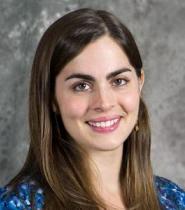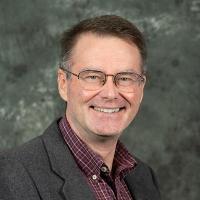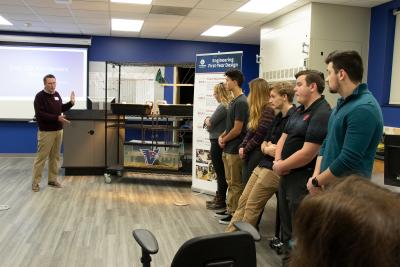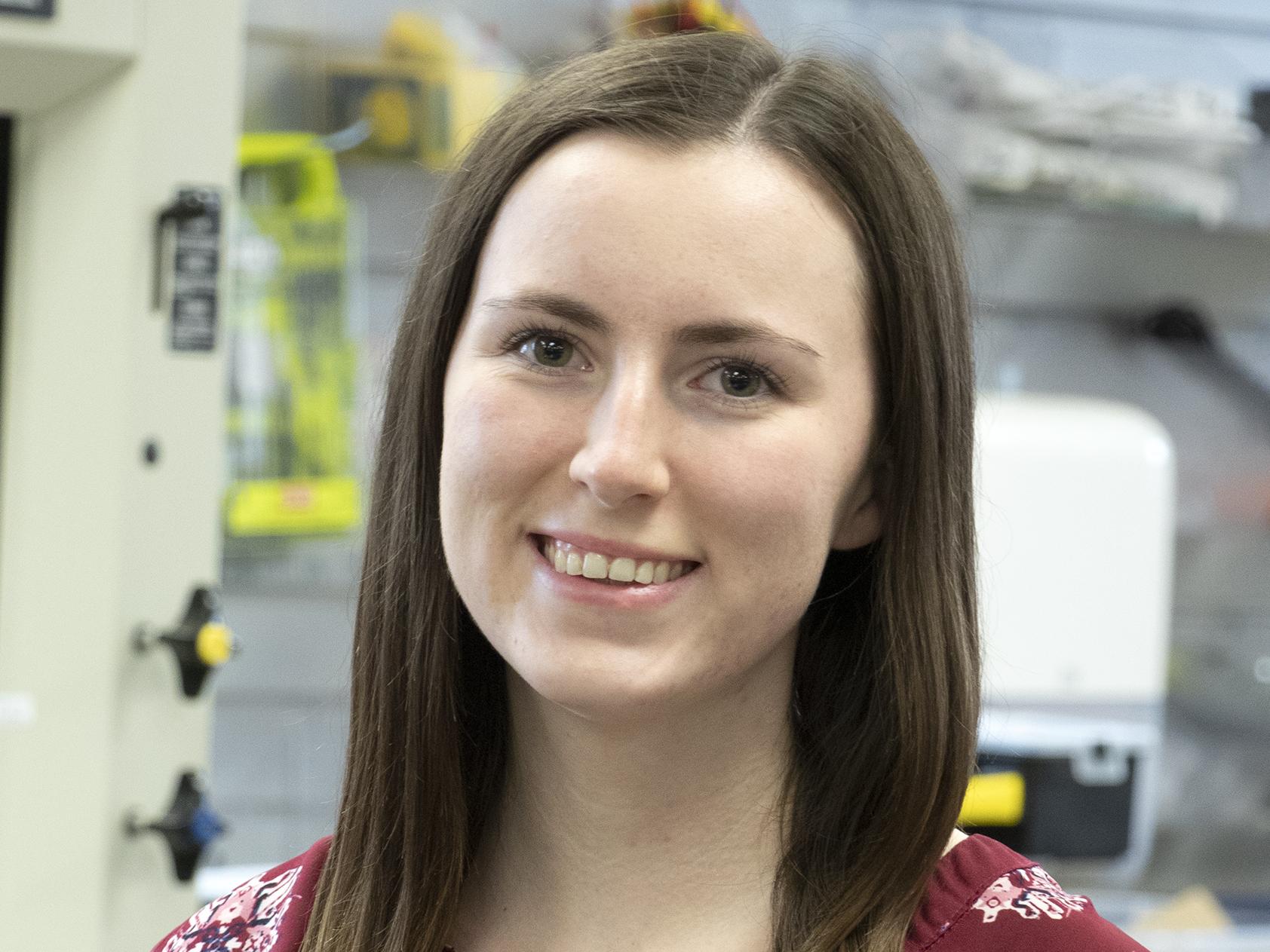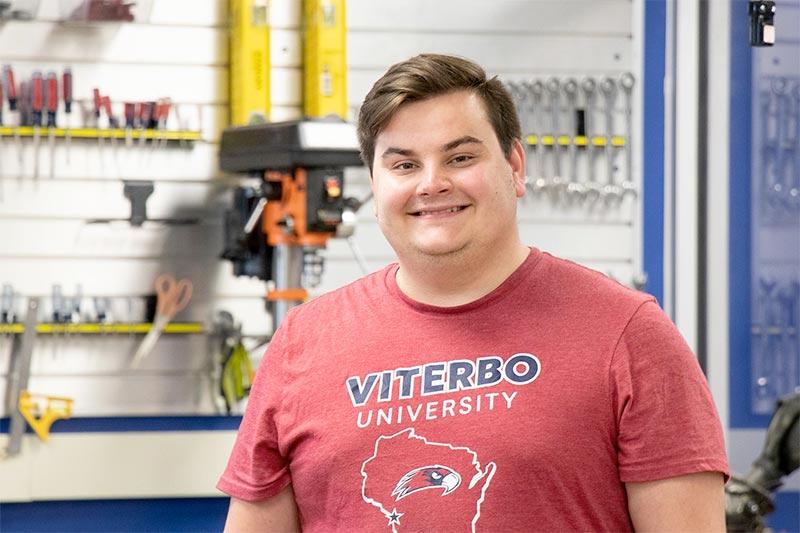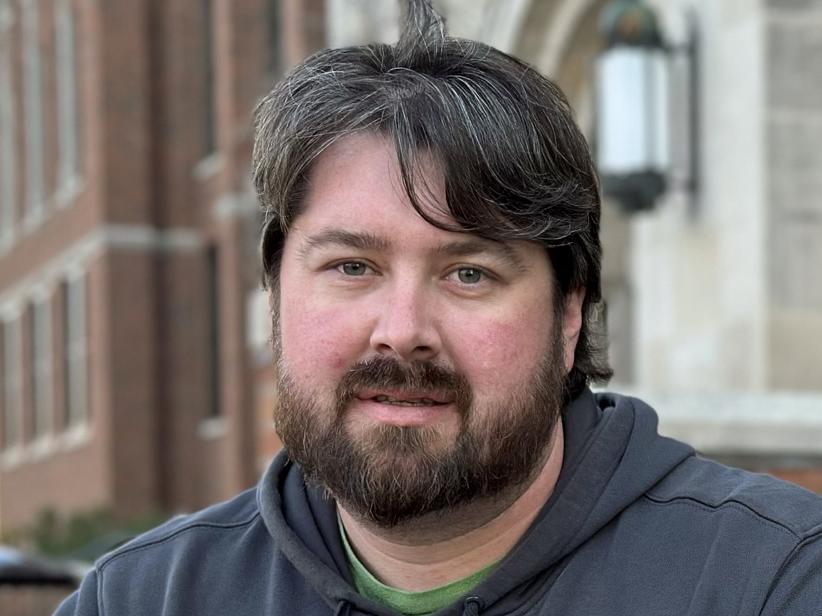A few years ago, Emily Schiavone (now Vanderfleet) went to a La Crosse Central High School math class in hopes of recruiting students for Viterbo University’s fledgling engineering program. She came away with something better: the perfect partner for the program.
Schiavone had been visiting schools around the region back in 2017 to let students know about the new program. When she visited Ric Harned’s math class at Central, he gave her an entire class period. That was unusual, but then Harned was a born engineer and his path to becoming a math teacher had a long trail of engineering experience.
Harned listened to Schiavone’s pitch to the students and saw the next chapter in his career. “I knew right away I really wanted to be a part of it,” Harned said. “I wanted to get back into engineering and that world, and I was attracted by the strong values at Viterbo.”
Schiavone’s visit was a bit of serendipity for Harned and for Viterbo. “I thought it was so crazy that there was someone with his skill set just sitting here in La Crosse teaching math,” she said. “He brings a lot to the program. We want to train people who can work across disciplines. That’s what Ric did for 20 years.”
Harned came aboard at Viterbo at the beginning of the 2019-20 school year, joining Schiavone as the engineering program moved into its second year.
Growing up in Waterloo, Iowa, Harned from a young age had an insatiable need to know how things worked, dreaming of becoming a pilot and helping to build planes. After graduating in 1981 from the U.S. Naval Academy with a degree in general engineering, he served as a naval flight officer for six years. He was honored as Outstanding Naval Flight Officer of the U.S. Naval Atlantic Fleet for 1986.
In 1988, his naval career veered into engineering, where he distinguished himself as a leader in building and testing military aircraft and managing programs, at one point leading a project team of 300. One of his projects was a ground proximity warning system to warn pilots who had no visual reference at night or in bad weather that they were flying too low.
“Doing those kinds of things was a lot of fun and very rewarding,” Harned said. “We potentially saved some lives with our work.”
That Navy airplane engineering experience taught Harned some invaluable lessons that had nothing to do with mathematics, physics, or other technical disciplines normally associated with engineering. For example, one thing he learned was the importance of early in a project bringing in the people involved in contracts, which tend to be a project bottleneck.
“You show them what’s going on and that gives them ownership. Once you get everyone involved, they own it. You have to make sure people know what’s going on and not make emergencies for other people,” Harned said. “It’s soft skills like this that often make or break a project.”
Considering he taught high school math for 17 years, it’s a bit ironic that Harned struggled with the mathematics element of engineering training in college. Having overcome that math deficit actually brings something special to Viterbo’s program.
“I know what it means to not have those skills, but I know how to get over it. I know how to help the kids that are struggling,” Harned said. “If students are willing to work, they can get through this program.”
Math skills are needed, but just as important are soft skills like self-reliance and persistence, cooperation and creative problem-solving. “In the real world, nobody’s going to hold your hand and tell you how to get it done,” Harned said. “Industry is asking us for people who can take projects from beginning to finish.”
Viterbo’s engineering program is very much project-based, and the projects often have practical on-campus applications, such as an aquaponics project for the biology department and fabricating a hard-to-get replacement part for the theatre department with a 3D printer. Projects like these are possible because of the engineering lab Schiavone designed and equipped.
Viterbo hired Schiavone to get the university’s new engineering program started after she earned her doctoral degree at University of Illinois at Urbana-Champaign. Viterbo’s program was a response to a need for engineers by employers in the region.
A liberal arts school like Viterbo might not seem like an obvious place to start an engineering program, but Schiavone and Harned agreed that Viterbo actually has an advantage over more technically oriented schools in training engineers.
“One of the most common complaints about engineers is lack of communication and leadership skills,” Schiavone said. “Liberal arts institutions are good at that.”
While the temporary shift to online instruction means Schiavone and Harned can’t use the lab for instruction, Schiavone said they’ve both done things this semester that set them up well for “pandemic mode.” For example, a lab Schiavone planned where students analyze the efficiency of a refrigerator can be done at home with the use of an inexpensive device she has shipped to her students.
For now, Harned is dispensing lessons from a grand house on Cass Street where he and his wife, Emily, operate a bed and breakfast. He enjoys the surroundings there, but misses being in the company of his students, where he’s able to sense when they need a nudge and see their sense of accomplishment at the end of a project.
Harned admitted that before classes went online, he didn’t even know what Zoom was. Now, though, he’s gotten to be an old hand at the video conferencing platform, and he said both he and the students have adapted well to remote education. It’s been a great lesson in problem-solving.
“We’re just going to make it work,” Harned said. “You do what you have to do.”

